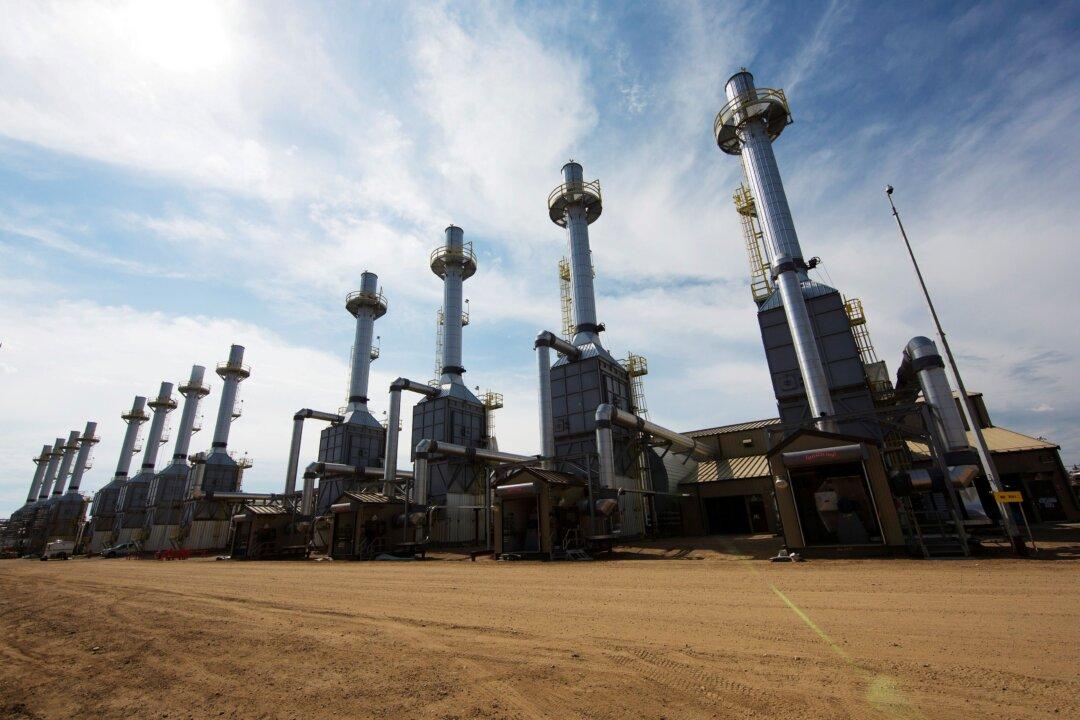Canada’s top energy CEOs have penned an open letter to Prime Minister Mark Carney, asking him to get rid of the emissions cap on oil and gas producers and repeal industrial carbon pricing in order to build Canada’s economy.
The leaders of 38 companies said in their April 30 letter that the country’s oil and gas sector would create jobs and increase tax revenue for government, but it must be allowed to grow. They said there has been a lack of investment in Canada’s energy infrastructure when compared to the United States.





